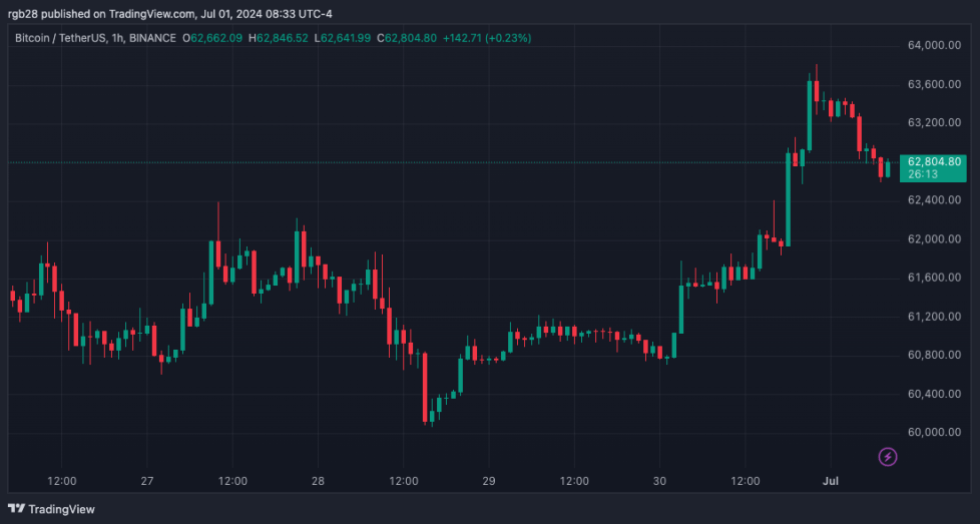Hawaii’s regulator terminated the Digital Currency Innovation Lab (DCIL) on June 30. Crypto firms are no longer required to have a Money Transmitter License (MTL) to conduct business in the state.
Change in Regulation in Hawaii for Crypto Firms
The Hawai‘i Department of Commerce and Consumer Affairs Division of Financial Institutions (DFI) announced the conclusion of the DCIL research project on Sunday. This led to a regulatory change for crypto firms starting July 1.

Launched in 2020 by the DFI and the Hawai‘i Technology Development Corporation (HTDC), the DCIL sought to examine digital currency activities in the state and assess the necessary regulatory framework for digital currency companies.
Prior to the DCIL, crypto firms had to obtain a money transmitter license as per Chapter 489D of the Hawai’i Revised Statutes. Despite efforts to propose a special licensing scheme for digital currency during the project, no suitable consumer protection measures were identified.
Consequently, crypto companies can now operate in Hawaii without an MTL. However, they must adhere to federal regulations concerning consumer protection and anti-money laundering, set by entities like FinCEN, the SEC, and FINRA.
Warning from Hawaii Authorities
Banking Commissioner Iris Ikeda acknowledged the importance of insights gained from the DCIL in understanding the crypto industry’s evolution. She emphasized the balance between innovation and regulatory responsibility.
The conclusion of the DCIL signifies a commitment to safeguarding consumer interests and the financial system while fostering innovation.
Investors were cautioned to be wary of scams, with the DFI continuing efforts to educate consumers about associated risks. The Kaua‘i Police Department also alerted residents about a cryptocurrency scam, advising precautions to avoid falling victim.





